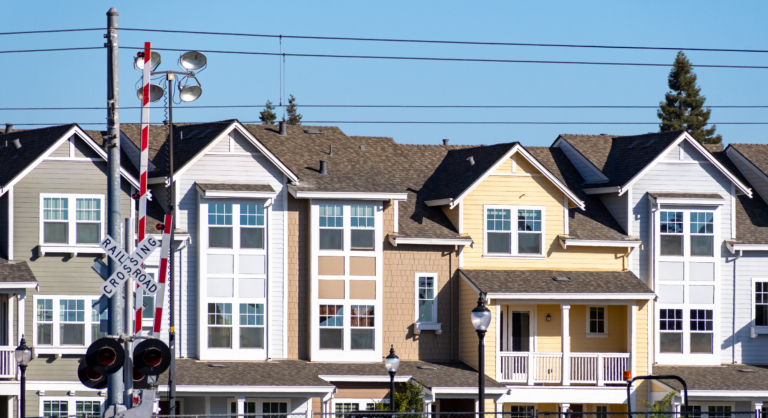The Legal Battle Over Milton’s Noncompliance with the MBTA Communities Act – What Towns Need to Know
On October 7, 2024, the Supreme Judicial Court (“SJC”) heard oral arguments from the Attorney General’s Office and the Town of Milton regarding the Town of Milton’s noncompliance with the so-called MBTA Communities Act. For nearly an hour, six of the seven SJC justices heard from both sides and were active in their questioning of the arguments presented.
On October 21, 2022, the Commonwealth of Massachusetts Executive Office of Housing and Economic Development (“EOHED”) issued final guidelines to the Commonwealth’s 177 MBTA communities for compliance with M.G.L. c. 40A, § 3A (“Guidelines”).
For those communities designated as Rapid Transit Communities under the Guidelines, such as the Town of Milton, the deadline to submit a full compliance application to the Executive Office of Housing and Living Communities (“EOHLC”) was December 31, 2023.
Although the Milton Town Meeting approved a compliant zoning bylaw in mid-December 2023, the zoning was rejected in a town election to be held in February 2024.
Attorney General Andrea Joy Campbell promptly filed suit against the Town of Milton seeking declaratory, injunctive and other relief seeking, in part, (1) that the Attorney General is entitled to injunctive remedies to secure the Town’s compliance with the Guidelines, and (2) to enter an injunction requiring Milton to create a zoning district that complies with the Guidelines within three months of the injunction. The Town of Milton contends, primarily, that the only punishment for noncompliance is the loss of eligibility for certain grant programs that are spelled out in the statute.
“Towns can’t vote not to comply with state laws, right? So if you have the authority in the AG’s office … then the question is, are the remedies exclusive? That’s really the only issue we have,” Justice Scott L. Kafker said. The SJC was also critical of the Town of Milton’s ability to simply ignore the Guidelines. Justice Kafker commented, “I understood if you submitted a zoning regulation that was different, that didn’t comply with two provisions in those guidelines, that’s a different question. But you just don’t submit a zoning regulation at all, you just say ‘we don’t have to do it.’ Do we have to get into the niceties of all of those guidelines? … I don’t know if you get to challenge everything in them.”
The SJC justices did not offer a timeline for their decision but stated that most cases are generally decided within 130 days of oral arguments, which would mean by mid-February.
Importantly, however, the next deadline to submit a full compliance application to EOHLC pertains to Commuter Rail Communities and Adjacent Communities (130 of the remaining 165 MBTA Communities) is December 31, 2024. Communities grappling with the question of whether to comply with the Guidelines will likely need to do so without the highest Court’s guidance.
Click here for the full oral argument.
Categorized: Affordable Housing, Zoning
Tagged In: multi-family housing, rapid transit communities, zoning by-laws





